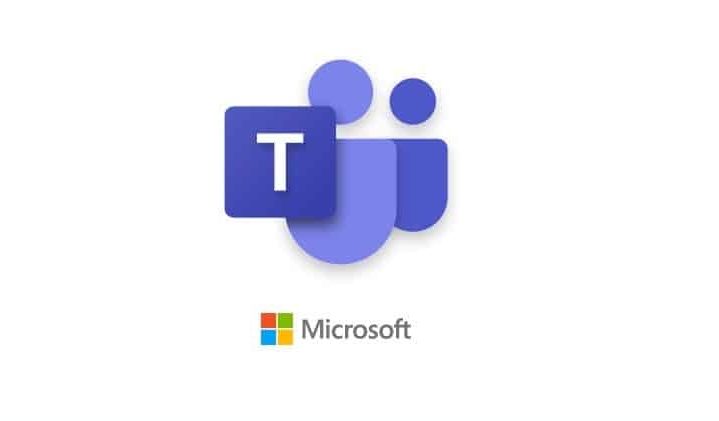
Microsoft Teams, a popular communication and collaboration platform, has recently experienced its second major outage in just three days. Users across North and South America have been reporting connectivity issues and delays in sending and receiving messages. With growing reliance on remote work and virtual communication, any disruption in platforms like Microsoft Teams can have a significant impact on productivity and collaboration. In this blog post, we will explore the details of the outage and its implications for Teams users.
Outage Details:
According to reports, Microsoft Teams users began experiencing connectivity issues and delays on [date]. The outage affected both mobile and desktop clients of Teams, causing frustration and interruptions for thousands of users. Microsoft swiftly acknowledged the issue and started investigating the root cause of the problem. The company's official Microsoft 365 status account provided updates on the ongoing investigation.
Impact on Users:
The outage had a direct impact on users' ability to access Microsoft Teams and its features. Users reported difficulties in sending and receiving messages, frozen loading screens, and login and server connection problems. While Microsoft continued to address the issue and restore services, users expressed concerns about the delays in message delivery and occasional crashes of the Teams client.
Handling the Outage:
Microsoft promptly addressed the outage and worked to restore normal service within approximately 12 hours. The company's service health page provided updates on the status of the Teams consumer service, reassuring users that "everything is up and running." Microsoft also communicated with affected users through incident reports and the Microsoft 365 admin center, providing information on the ongoing investigation and the steps taken to resolve the issue.
Implications for Remote Work:
The recent outage of Microsoft Teams highlights the vulnerabilities associated with relying heavily on cloud-based communication and collaboration platforms. As more businesses and organizations adopt remote work models, platforms like Teams have become an integral part of daily operations. However, any interruption in service can significantly impact productivity and disrupt workflows.
To mitigate the impact of such outages, it is crucial for organizations to have contingency plans in place. Employing backup communication channels and alternative collaboration platforms can help ensure uninterrupted communication and productivity in the event of an outage.
Conclusion:
The recent outage of Microsoft Teams serves as a reminder of the potential challenges and disruptions that can occur in the digital workplace. While Microsoft acted swiftly to address the issue and restore services, the incident underscores the importance of having backup plans and alternate platforms to maintain continuity in remote work environments.
As organizations increasingly rely on cloud-based platforms for communication and collaboration, it is essential to anticipate and prepare for potential outages. By leveraging multiple tools and adopting contingency measures, businesses can minimize the impact of such disruptions and ensure seamless communication and collaboration for their remote teams.
Disclaimer: The information provided in this blog post is based on the incident reported on the mentioned website. For the latest updates and further details, please refer to the official sources and communication channels of Microsoft.